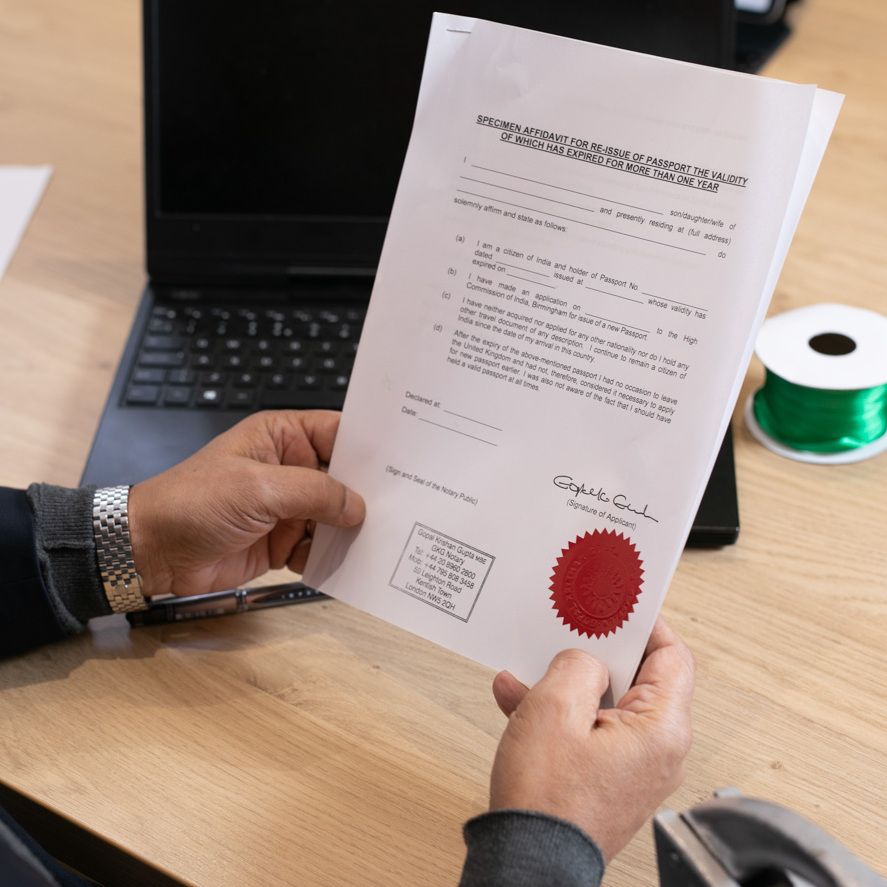Apostille and Non-Hague Countries
A Power of Attorney (POA) is a legal document that allows someone else to act on your behalf in financial, legal, or personal matters. When you need to use a POA abroad, it must be formally recognised in the foreign jurisdiction. This is where APOSTILLE certification and LEGALISATION come into play.
Why a Power of Attorney Needs an Apostille
If you’re granting authority to manage property, handle banking, or represent you in court overseas, the foreign authority will want to confirm the POA is genuine. An APOSTILLE issued under the HAGUE Convention does exactly that — it certifies the authenticity of the document for use in HAGUE countries.
Situations Where Apostille of a POA Is Needed
- Managing overseas property transactions
- Authorising legal representation abroad
- Allowing a relative to handle inheritance or estate matters in another country
- Granting authority for business dealings outside the UK
Apostille and Non-Hague Countries
For countries not signed up to the HAGUE Convention, a POA needs more than an APOSTILLE. After FCDO certification, the document must go through embassy LEGALISATION. This ensures it is recognised by the local courts and authorities.
Process for Apostille of a Power of Attorney
- Drafting and Certification – The POA is usually drafted by a solicitor and signed in front of a notary.
- APOSTILLE – Submit the notarised POA to the FCDO for APOSTILLE certification.
- Embassy LEGALISATION – If required, submit to the embassy of the destination country.
Risks of Not Apostilling a POA
Without proper LEGALISATION, your appointed representative abroad will not be able to act on your behalf. This can cause serious delays in property sales, inheritance claims, or business transactions.
Conclusion
A Power of Attorney is a powerful legal tool, but only if it is recognised in the country where it will be used. Ensuring it carries the correct APOSTILLE and LEGALISATION is vital for protecting your interests overseas.














